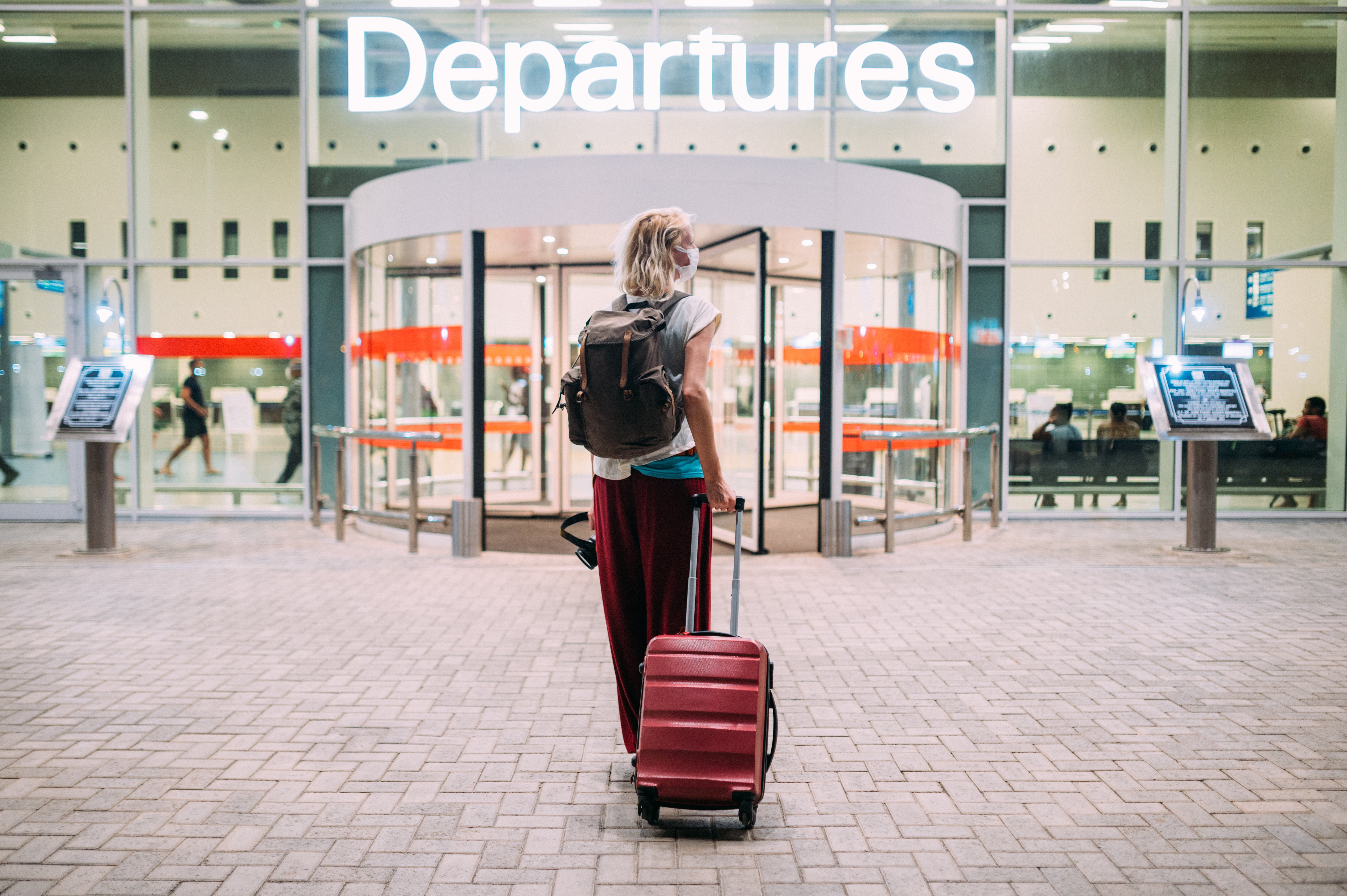Revealed: The 37 items you can’t bring in your hand luggage
Get familiar with what can’t come in the cabin this summer

Your support helps us to tell the story
From reproductive rights to climate change to Big Tech, The Independent is on the ground when the story is developing. Whether it's investigating the financials of Elon Musk's pro-Trump PAC or producing our latest documentary, 'The A Word', which shines a light on the American women fighting for reproductive rights, we know how important it is to parse out the facts from the messaging.
At such a critical moment in US history, we need reporters on the ground. Your donation allows us to keep sending journalists to speak to both sides of the story.
The Independent is trusted by Americans across the entire political spectrum. And unlike many other quality news outlets, we choose not to lock Americans out of our reporting and analysis with paywalls. We believe quality journalism should be available to everyone, paid for by those who can afford it.
Your support makes all the difference.Regular travellers are well-seasoned in the art of cramming what they can into a carry-on. While the size allowance of the bags you can take into the cabin is varies between airlines, the tips and tricks found on social media to utilise space in your hand luggage have helped make a three- to five-day stay (almost) stress-free.
As summer nears and the price of flights soar, no one is looking to splash any extra cash on checked baggage, but stricter rules apply to hand luggage contents – and it’s easy to get caught out.
Liquids, including drinks, cosmetics and toiletries, have been the most flagged carry-on contraband for years, with hold luggage a must to transport large shower gels, toothpaste and aerosols on holiday. To have liquids to hand on board, they must be in containers of no more than 100ml, and all of the containers must then be together in one clear and resealable plastic bag.
Exemptions to the 100ml rule include essential medicines, dietary requirements, baby milk and sealed liquids bought in duty-free. Passengers using mobility aids should inform airlines before travelling of the type of batteries fitted, and how the device can be protected against inadvertent operation while on board to avoid lithium battery restrictions.
In 2019 Boris Johnson vowed the rules would be eased at major UK airports by 1 December 2022, allowing larger quantities and eliminating the need to have liquids separately scanned. Rishi Sunak’s government extended that deadline to June 2024. But some airports have now deployed the necessary technology and are offering passengers light-touch security.
For the smoothest sailing through security, read this list to see what won’t fly when boarding with hand luggage.
Read more on UK travel:
Here are all the restricted items banned from hand luggage on departures out of the UK:
- Acids and alkalis (for example, spillable ‘wet’ batteries)
- Aerosols
- Biological hazards (for example, infected blood, bacteria, viruses)
- Camping stoves with gas or flammable liquid attached
- Catapults
- Corkscrews
- Corrosives or bleaching agents (including chlorine)
- Crossbows
- Darts
- Engines
- Explosives including detonators and fuses
- Fire extinguishers
- Fireworks, flares and other pyrotechnics
- Flammable paints
- Golf clubs
- Guns and firearms including replicas
- Harpoons or spear guns
- Heavy bats and sticks including baseball, softball and cricket bats
- Large scissors
- Lighter fuel (passengers are allowed to carry one disposable lighter on board in a clear plastic bag)
- Liquids over 100ml (exemptions apply)
- Liquid oxygen
- Martial arts equipment (including knuckledusters, clubs, coshes, rice flails and nunchuks)
- Materials that could spontaneously combust
- Mercury filled items including thermometers
- Non-safety matches
- Oxidisers and organic peroxides, including bleach and car body repair kits
- Party poppers
- Poisons or toxic substances (for example, rat poison)
- Print and toner cartridges over 500g
- Radioactive materials (including medicinal or commercial isotopes)
- Self defence or disabling sprays (for example, mace or pepper spray)
- Sharp objects including knives
- “Smart luggage”, where lithium power batteries cannot be removed
- Vehicle batteries and fuel systems
- Walking or hiking poles
- Work tools , such as Stanley knives, hammers and nail guns
Read more on our best hotels in Europe
Join our commenting forum
Join thought-provoking conversations, follow other Independent readers and see their replies
Comments